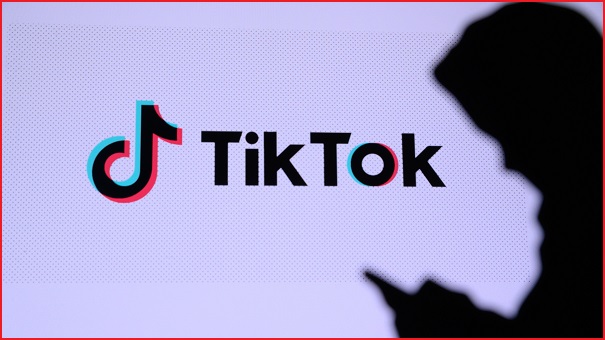TikTok is further distancing itself from China as governments around the world continue to scrutinise the social media phenomenon.
Local representatives of TikTok – along with its US-based CISO – fronted up to a Senate committee investigating foreign interference through social media on Friday afternoon where senators probed the company on its data security measures and involvement with the Chinese Communist Party.
Committee chair Jenny McAllister opened began by pointing to findings from a recent Australian Strategic Policy Institute (ASPI) report into TikTok and Chinese mega-app WeChat.
In that report, ASPI presented – among other evidence of potential national security risks posed by TikTok – a range of Chinese job advertisements for the platform’s owner Bytedance that included “content understanding” and formulating “localised content strategies for short videos”.
“Are you seriously saying that none of your content decisions are being made in the PRC [People’s Republic of China]?” McAllister asked.
But TikTok Australia Managing Director, Lee Hunter, set the tone of the inquest by distancing the platform – which he said only operates outside of China – from the Chinese Communist Party.
“It’s important to note that we don’t remove or moderate content based on the political sensitivities of China,” Hunter said.
“We have moderation teams around the world, none of which are located in China. They are located in 20 countries around the world covering 36 languages.”
Hunter, whose has previously headed different departments at Google, went on to explain the increasingly popular TikTok was part of a “second generation of technology companies”.
“We have grown up in an era of regulation and scrutiny,” he said.
“We’ve had the benefit of looking at the likes of Google and Facebook and seeing them build their trust and safety infrastructure.
“And that has allowed us to build that within TikTok from the very outset.”
Indeed, TikTok has followed the example of other social media companies by producing transparency reports (beginning in December 2019) that aims to show how and why TikTok removes certain content.
According to its latest report, the majority of videos TikTok removes fall under the “adult nudity and sexual activies” and “minor safety” categories.
Hunter’s ongoing deflections of the committee’s questions about Chinese state involvement in TikTok were regularly punctuated by invitations to TikTok’s Trust and Accountability Centres located in the US.
Committee senators questioned TikTok’s representatives on issues around China, data use, algorithmic moderation, and the horrific suicide video that recently plagued the platform.
They did not, however, uncover much to suggest TikTok was anything other than a globally-scaled social media company currently embattled in a public relations nightmare led by US President Donald Trump’s attempts to ban the platform unless it is bought and owned by a US firm.
A national security threat?
In his executive orders against TikTok and WeChat, Trump cited national security concerns that the platforms capture “vast swathes of information” from users which “threatens to allow the Chinese Communist Party access to Americans’ personal and proprietary information”.
India’s Ministry of Information Technology leveled similar claims when it banned TikTok and other Chinese apps in July.
But in Friday’s senate committee meeting, TikTok CISO Roland Cloutier tried to put to bed suggestions that Chinese officials used TikTok to gather data on its users.
“First and foremost, the information is not resident in China,” he said in response to questioning from senator, and former major general, Jim Molan.
“The information is resident in the United States and a backup in Singapore … That information is protected with significant levels of protection and encryption.
“It’s protected with access and identity management solutions that are in our hosting environment, our enterprise environment.
“It’s protected by state-of-the-art monitoring capabilities—”
Unsatisfied with Cloutier’s answer, Molan interrupted TikTok’s CISO.
“That’s not the question. The question is: if you were asked for that data [by China] would you provide it [to] China?”
Cloutier said “no”, clarifying that the company could share data with government agencies through a mutual legal assistance treaty (MLAT).
“We would never give [data] directly to the Chinese government,” Cloutier said.
“The request would have to come from the United States government.”
Earlier in September, a Chinese database containing dossiers on millions of people around the world – including numerous high-profile Australians – was leaked to journalists.
The data was gathered by an independent company which boasted of clients within the Chinese intelligence services.
Researchers estimated only 10-20 per cent of the information in the database was not publicly available.
Most of it was garnered through US-founded social media platforms like Facebook, Twitter, and LinkedIn.
Facebook recently cancelled its appearance in front of the senate committee on foreign interference through social media due to a “scheduling issue”.
The tech giant was notoriously complicit in the Cambridge Analytica scandal which saw users unwittingly surrendering data to a third-party for use in targeted political advertising.
Australia’s Information Commissioner is even suing Facebook over the incident.
The senate committee on foreign interference through social media is not due to hand down its findings until May 2022.










